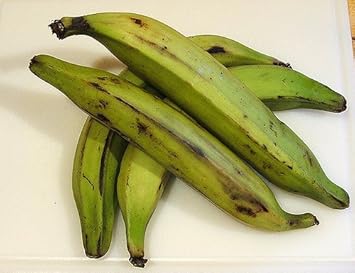Post by buran on Jan 7, 2019 19:17:43 GMT
Jain vegetarianism is the diet of the Jains, the followers of Jainism. It is the most strict form of religiously-motivated diet regulation in the Indian subcontinent.
Jain objections to the eating of meat and fish are based on the principle of nonviolence (ahinsa, literally “non-injuring”). Every act by which a person directly or indirectly supports killing or injury is seen as violence (hinsa), which creates harmful karma. The aim of ahimsa is to prevent the accumulation of such karma.
The extent to which this intention is put into effect varies greatly among Hindus, Buddhists and Jains. Jains consider nonviolence to be the most essential religious duty for everyone (ahinsā paramo dharmaḥ, a statement often inscribed on Jain temples). It is an indispensable condition for liberation from the cycle of reincarnation, which is the ultimate goal of all Jain activities. Jains share this goal with Hindus and Buddhists, but their approach is particularly rigorous and comprehensive.
In addition to not eating meat, Jains cannot eat eggs, gelatin or even anything that grows underground. That includes potatoes, onions and garlic! These are typical foods used in every day cooking in most households, but for Jains, it is not allowed in the house.
Most people believe that Jains have no food to eat; and that they only live off of fruits and vegetables, the ones that grow above ground. However, Jains have a lot of different foods to eat and all the spices added make the food taste marvelous. For example, in place of potatoes, Jains use plantains (ake cooking bananas).

Jain objections to the eating of meat and fish are based on the principle of nonviolence (ahinsa, literally “non-injuring”). Every act by which a person directly or indirectly supports killing or injury is seen as violence (hinsa), which creates harmful karma. The aim of ahimsa is to prevent the accumulation of such karma.
The extent to which this intention is put into effect varies greatly among Hindus, Buddhists and Jains. Jains consider nonviolence to be the most essential religious duty for everyone (ahinsā paramo dharmaḥ, a statement often inscribed on Jain temples). It is an indispensable condition for liberation from the cycle of reincarnation, which is the ultimate goal of all Jain activities. Jains share this goal with Hindus and Buddhists, but their approach is particularly rigorous and comprehensive.
In addition to not eating meat, Jains cannot eat eggs, gelatin or even anything that grows underground. That includes potatoes, onions and garlic! These are typical foods used in every day cooking in most households, but for Jains, it is not allowed in the house.
Most people believe that Jains have no food to eat; and that they only live off of fruits and vegetables, the ones that grow above ground. However, Jains have a lot of different foods to eat and all the spices added make the food taste marvelous. For example, in place of potatoes, Jains use plantains (ake cooking bananas).





